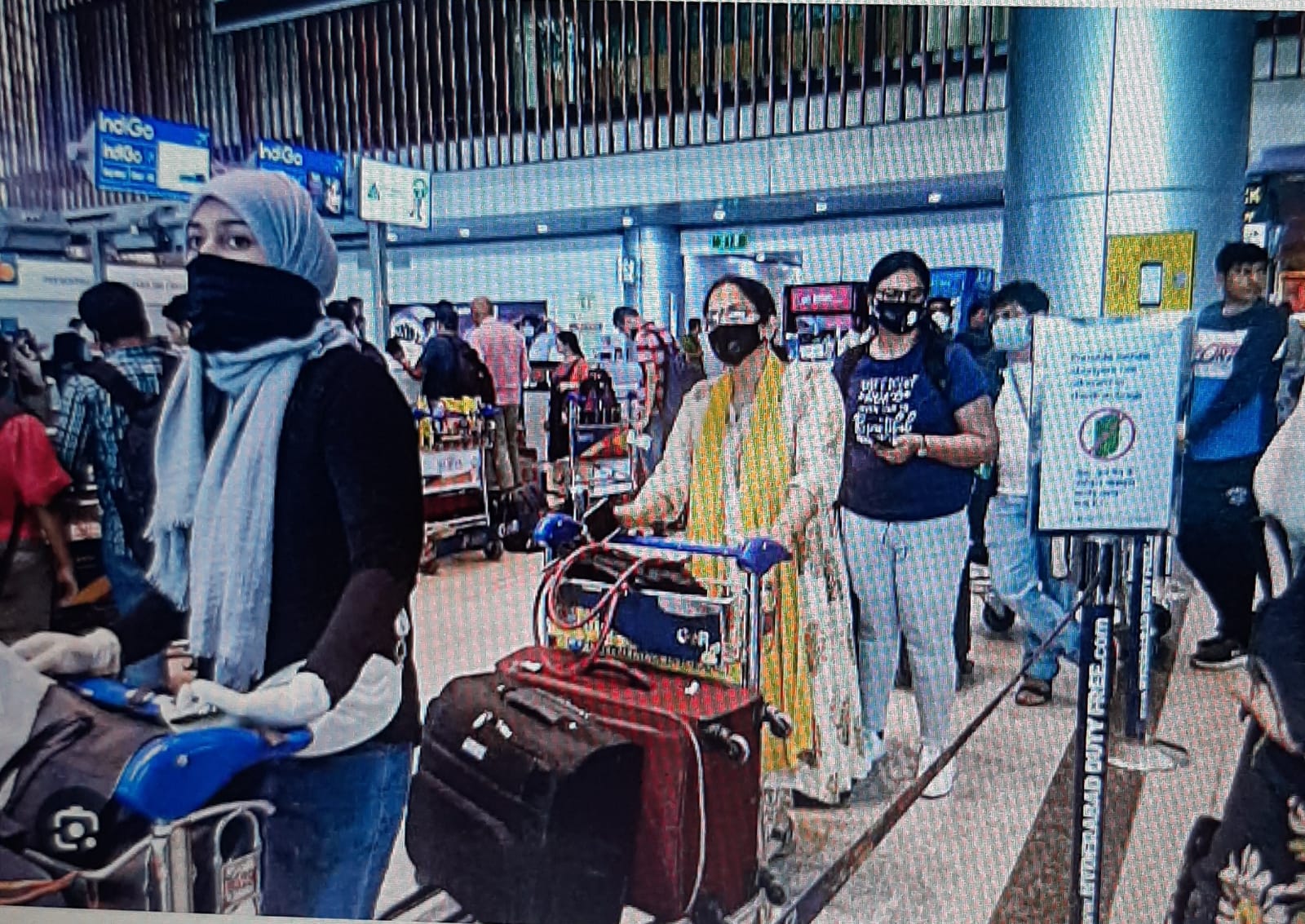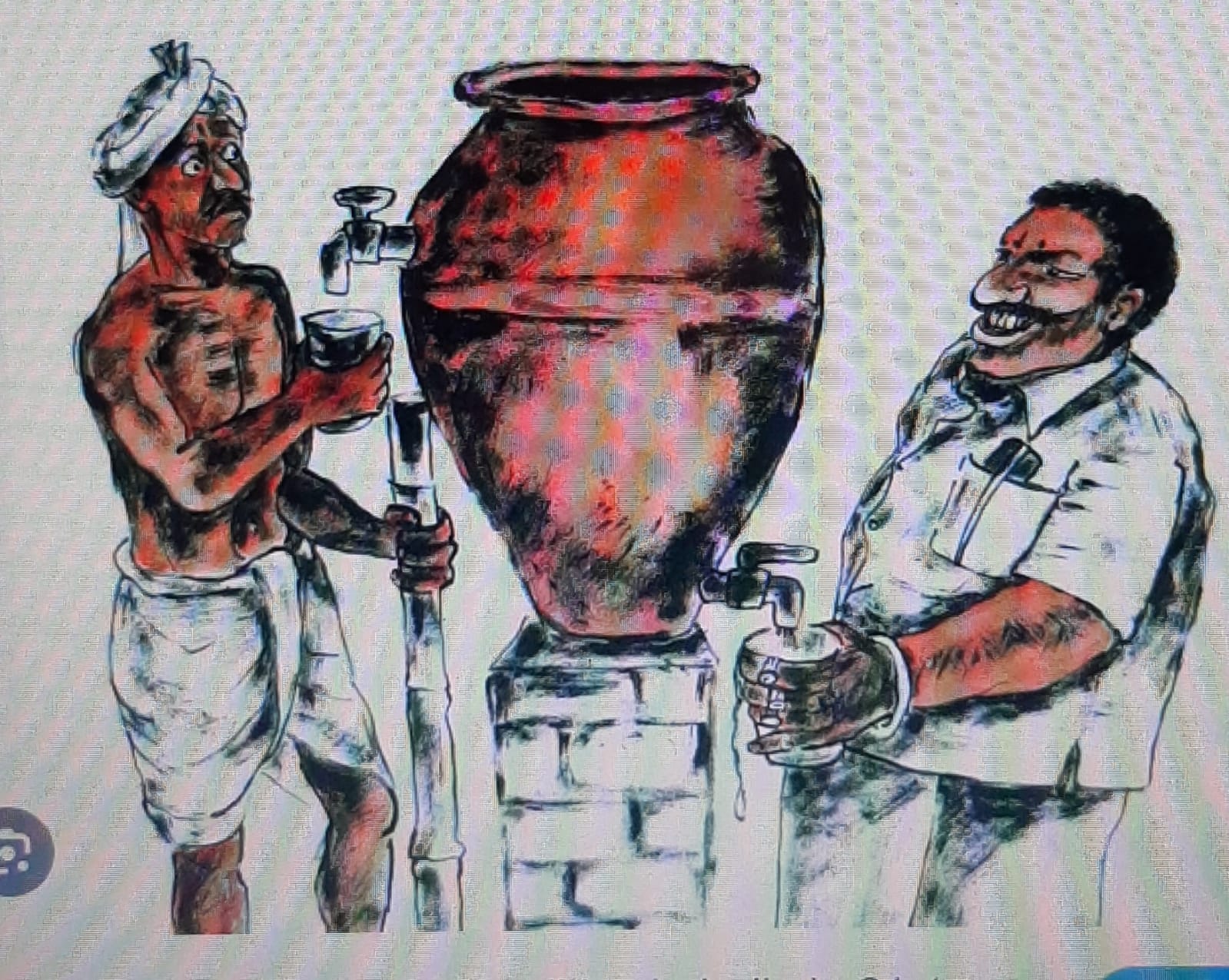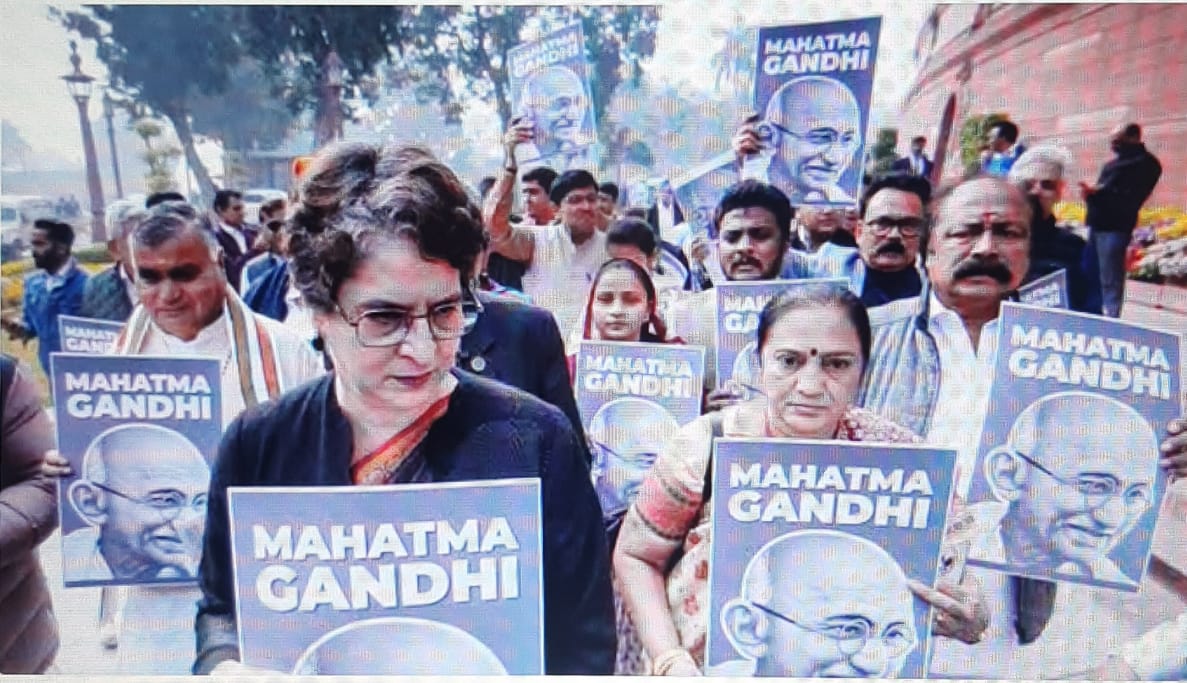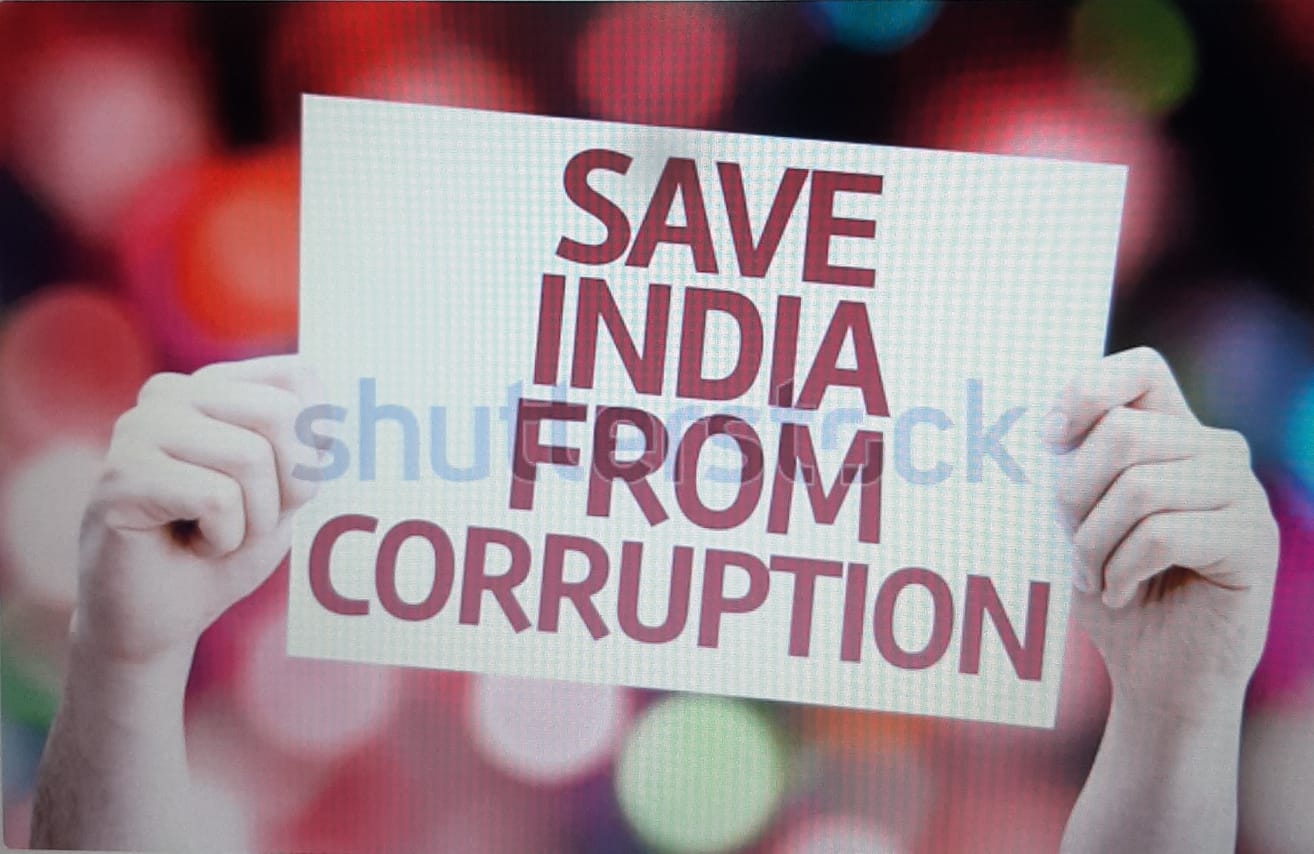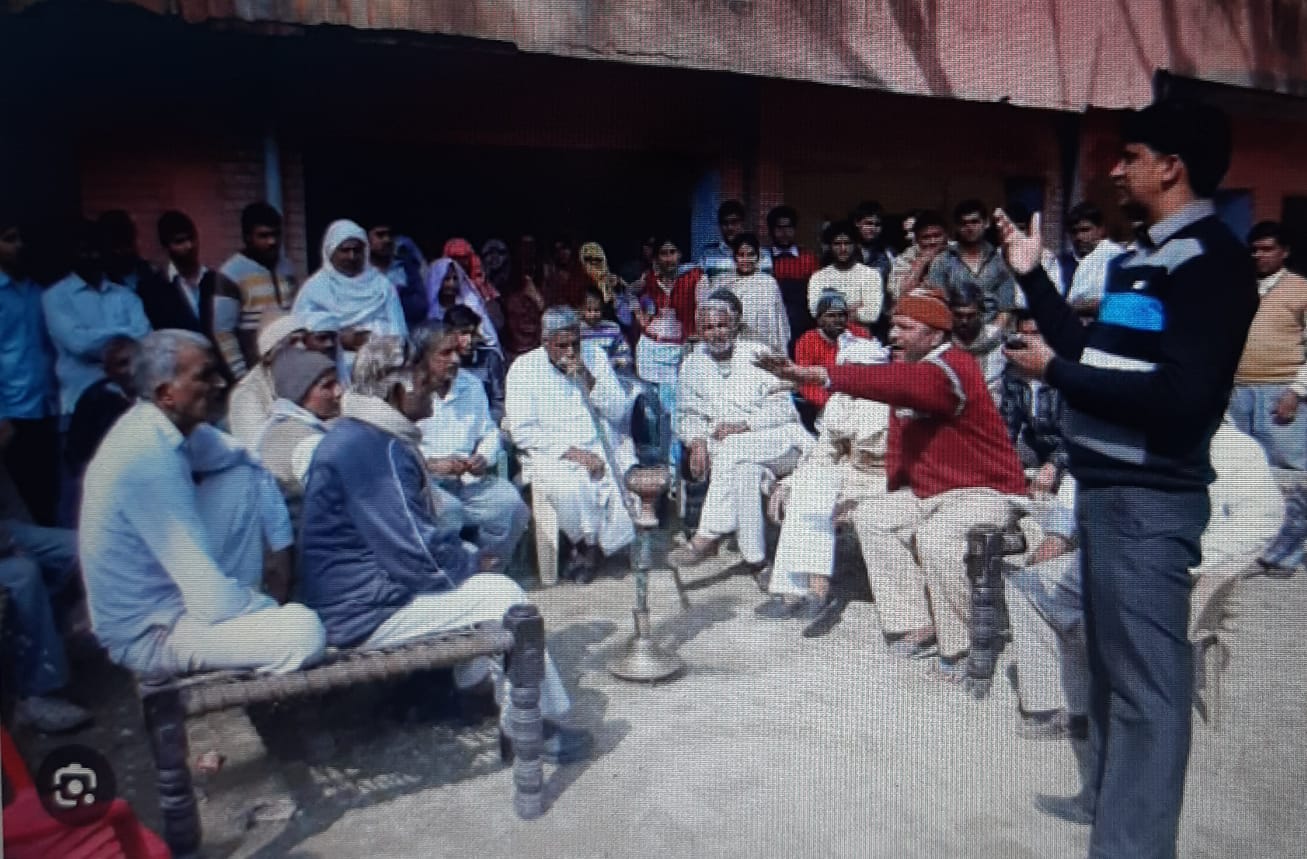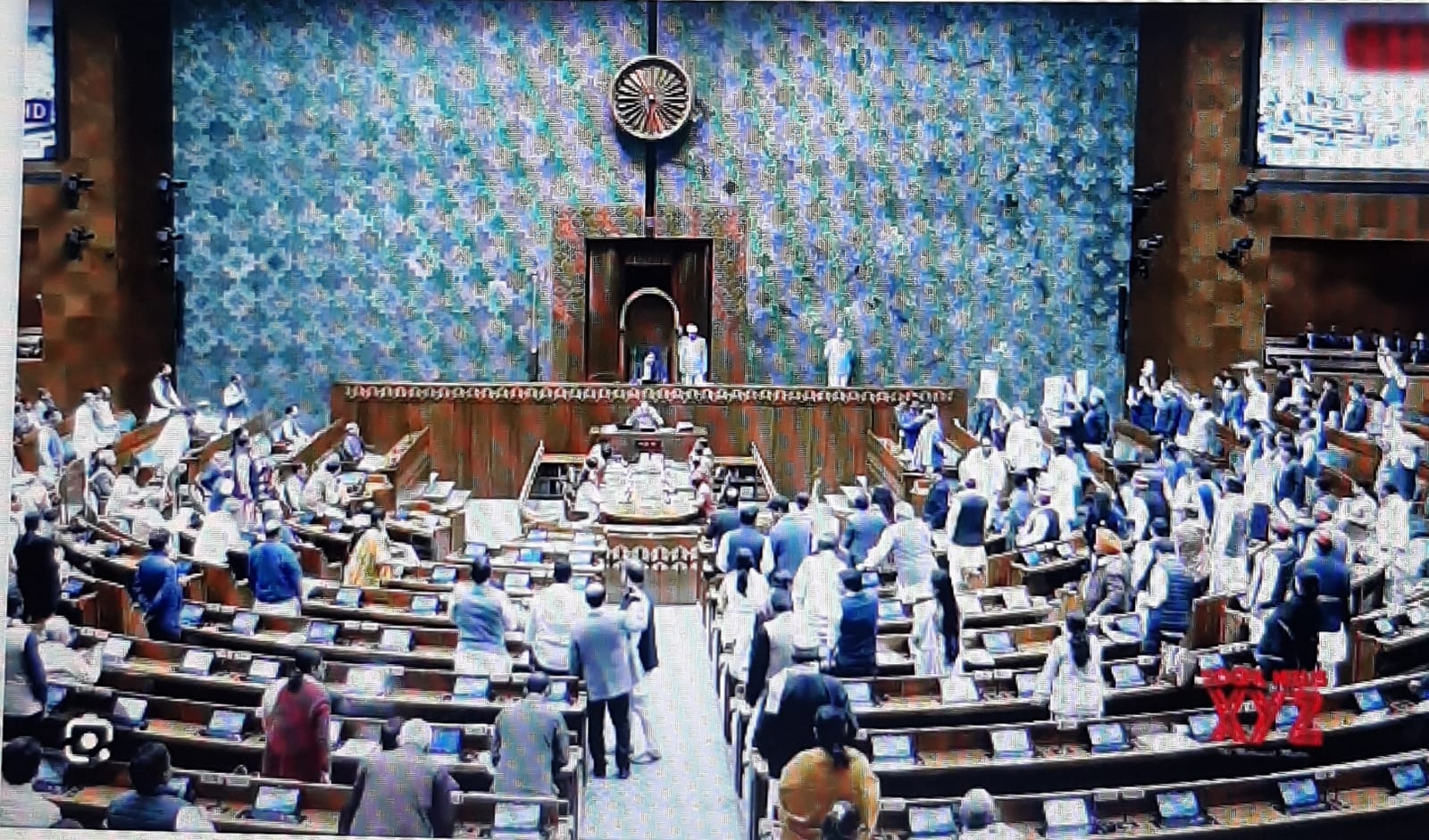
The challenge for governance in a strong democracy lies in the ability of governments at all levels to balance multifold, often even conflicting interests, all the while keeping in sight the quality of service and accountability to all citizens. Democracy is about winning the popular vote but governance in democracy cannot be about populism. It has to be firmly rooted in the rule of law and the accountability of rulers and institutions to the people and to the Constitution writes former IAS officer Juthika Patankar.
India’s ranking as a functioning democracy has slipped considerably in the last decade. The level of freedom of the Press has also gone down. The Opposition is generally alluded to only in inimical terms by all leaders of the ruling party. Academics, free thinkers, the average citizen have all been subjected to, or at the very least exposed to the threat of, jail and being branded anti–national for even hinting at criticism of the government of the day. The party in power at the Centre has led the way in this and various ruling parties in states have followed suit. The absence of freedom of expression, the denigration of criticism of power and the suppression of dissent are enough to impair governance in any democracy.
For citizens’ interests to be zealously safeguarded, for public policy actually to play out in public interest, governance by the government requires free interplay of ideas. Formation of public opinion on issues, sustained and vigorous debate on policy options and critical evaluation of problems and solutions as well as of government policy is essential for governance. This means that dissenting voices need to be heard, in fact encouraged, for policy to be dynamic and ever–conscious of its ultimate goal which is public interest. How does the Opposition, the anti-establishment, the differing viewpoint and the criticism work to contribute to governance? This is what will be elaborated in the succeeding paragraphs.
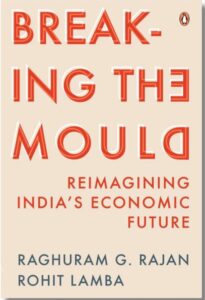
Raghuram G Rajan and Rohit Lamba in their book ‘Breaking the Mould: Reimagining India’s Economic Future’ highlight the eminently worthwhile suggestions of the legal scholar Tarunabh Khaitan for broadening the sensitivity of decision-making in a democracy. These include the need to see the leader of the Opposition as a part of the state, not the government, and to keep him/her informed of the working of the government through the power to seek briefings by bureaucrats and defence chiefs. This is a means of showing the defence chiefs and the non-political executive that they owe their loyalty to the state and not to any ruling party or personalities. Another suggestion is that the leader of the Opposition should have the right to schedule discussions one day a week during the session of Parliament. The Deputy Speaker, a member of the Opposition should chair these sessions where critical feedback can be aired without offering any shield to the government. What this means simply is that Parliament and the government should gain the benefit of diverse views, feedback and sharing of information with the opposition which would enable divergent opinions to be considered, all in the best interest of choosing the optimal solutions in governance.
The British system of the shadow cabinet might be worth trying out in India too as it would compel the Opposition to have an agenda for governance, plans of implementable action which would be focused on the nation’s priority areas, all of which would give direction and meaning to their questioning of the ruling power. This would benefit citizens who would have enough information on the basis of which to exercise their choice of voting in future elections.
Consistently devaluing and debunking the Opposition in a democracy is actually an overt insult to all those voters who voted for those who did not eventually gain a majority. The electorate participated in a free and fair voting process and the views of those not in power have to be heard because democracy is not majoritarianism and governance is about inclusivity, public interest, accountability to the people and the prevalence of the rule of law.
Needless to say, unfettered interplay of ideas, freewheeling debates on public issues require robust institutions which derive their independence from the operation of the rule of law and are not in thrall to the ruling regime. The point made by Tarunabh Khaitan about the commitment of the bureaucracy and the defence services to the state and not to the party in power, is pertinent in this regard.
Anti-establishment thinkers, writers, opinion-makers, academics and students are those who make any democracy truly working and vibrant. Anti-establishment persons offer a totally different perspective on issues. In their role as devil’s advocates, they are capable of showing facets of a problem or a solution which has been totally missed by the establishment. They encourage free thinking, alternative modes of being and serve as constant reminders that in a democracy there could be multiple ways of looking upon any question. Their existence strengthens harmony in society because through their voices nearly everybody becomes a stakeholder whose views find public expression. In India we often hear exhortations for improving the quality of our research and our universities. For this to happen, the acknowledgement and continued existence of the anti-establishment view is vital.
It is important to bear in mind that there is no such thing as constructive criticism. Critical points of view and outright decimation of the stand taken by the government need to be accepted as part of the desirable debate in a healthy democracy. It is for the government to analyse criticism and extract the useful portion of it which could help to improve policy formulation and implementation, thereby making the criticism constructive.
The challenge for governance in a strong democracy lies in the ability of governments at all levels to balance multifold, often even conflicting interests, all the while keeping in sight the quality of service and accountability to all citizens. Democracy is about winning the popular vote but governance in democracy cannot be about populism. It has to be firmly rooted in the rule of law and the accountability of rulers and institutions to the people and to the Constitution.
The role of civil society organisations, non-governmental organisations, and voluntary action groups are obviously important to articulate people’s opinions and bring about people’s participation in governance. A strong legal system and the rule of law would allow such groups and organisations to work and contribute towards effective policy-making and implementation without fear of state interference or reprisals. In the absence of the visible and demonstrated commitment to the rule of law in a functioning democracy, such civil society organisations would lose their capability for independent thought and would end up as uncritical appendages to the state.
Think tanks and independent research institutions also need to take a cue from the excellent suggestions offered by Tarunabh Khaitan. By definition, think tanks should think independently and not calibrate their work in line with the government’s thinking alone. The expertise of think tanks needs to be made available to Opposition members and leaders also so that public policy is benefited by a variety of informed options. The shadow cabinet system definitely opens up a formalized role for think tanks vis-à-vis the Opposition .
Governance involves sound public policy formulation and implementation. Both governance and policymaking are processes which are continually to be refreshed and re-vitalised to reflect widest public interest. Freedom of expression, the right to information, expanding horizons of research and innovation are together the lifeblood of governance in a democracy. Governments may come and governments may go but governance has to go on forever. It cannot survive in the absence of dissent and opposition.
(Ms. Juthika Patankar is a visiting faculty in Gokhale Institute of Politics and Economics and a member of Pune International Centre. She is also a former civil servant. Views expressed are personal.)


